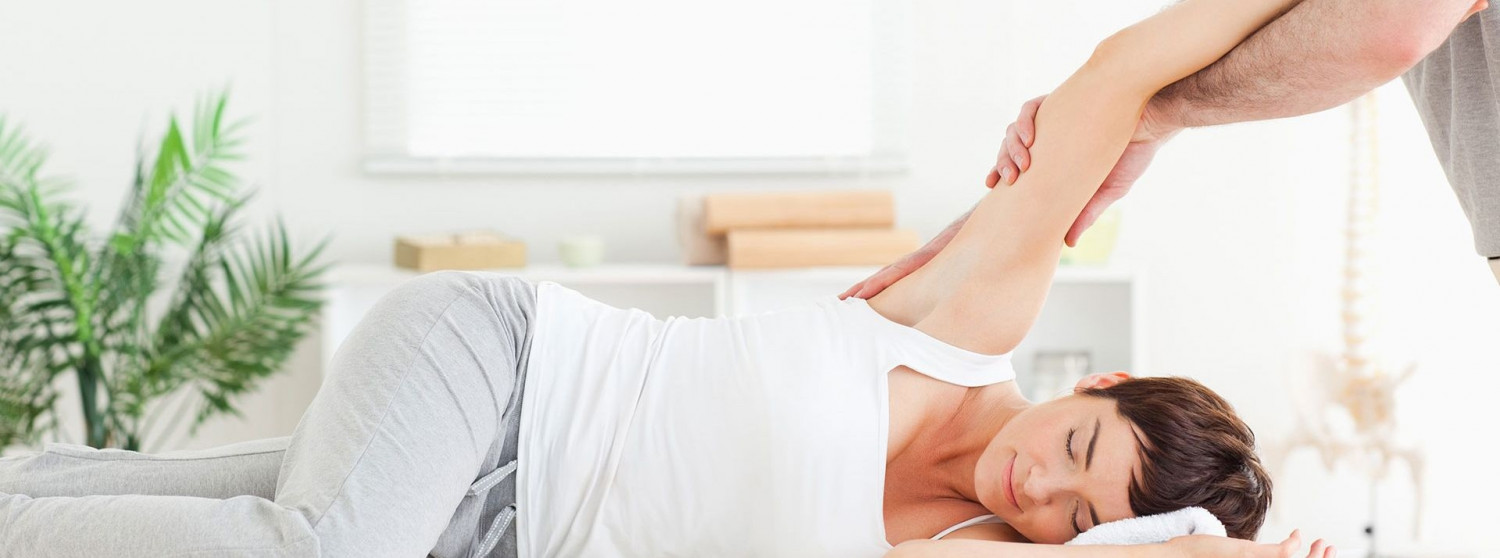

Balance And Gait
Falling down can be a constant worry for seniors and others who have mobility challenges. Falls are the leading cause of injury-related deaths and serious health problems in the U.S.
Improving your walking skills - technically known as your "gait" - and your balance are interrelated challenges. Physical therapy will help you master both of these skills to decrease your risk of injury, while at the same time Balance and gait are inextricably linked because they tend to impact one another. Even if you don't think you're in danger of falling down, the general slowing down you're attributing to aging could be something else. Think of balance as a three-legged stool with the legs being eyes, ears, and feet. If one leg is missing, then the whole stool topples over.
Eyes: Have you ever noticed how much harder it is to balance in the dark or with your eyes closed? The first thing everyone uses to balance is vision. If you're afraid of falling down, make sure you've had your eyes checked in the past year so your vision is the best it can be.
Ears: Have you ever felt the room spin? The vestibular system sits in your inner ears and tells you how your head is oriented and whether you're accelerating or decelerating through space. If you experience chronic dizziness, your vestibular system likely needs help.
Feet: Do you feel unsteady? Proprioception is the sense of where your limbs are in space. A combination of receptors in your muscles and tendons, as well as the touch sensors in your skin, let your brain know what your feet are doing at all times. Some conditions, such as diabetes, can reduce the touch sensation in the bottoms of your feet, which means you need to rely on the receptors in your muscles and tendons, even more, to know where your feet are. Your feet, legs, and core also need the strength to be able to hold you upright.
What does balance and gait training entail?
First, we'll evaluate your gait to determine where you aren't moving efficiently. We'll then test both your static and dynamic balance as well as your strength and range of motion. These basic evaluations will point us in the direction of what to focus on in terms of therapy.
If the problem is your eyes, we'll focus on strengthening the other legs of the stool. If the problem is your ears, then vestibular rehab with a physical therapist will help make sure your system isn't sending out faulty signals. If the problem is your feet, then we'll make sure you have full range of motion to use your muscles efficiently before strengthening them and making sure they activate at the right time.
We'll also do a variety of balance exercises that mimic obstacles you encounter in your everyday life.
Gait and balance training have a range of benefits, with avoiding injuries being at the top of the list. Beyond lessening your chances of falling or feeling dizzy you're also more likely to feel confident with your footing. In addition, any aches and pains you might have from poor posture are likely to decrease as well.
With our dedicated team of physical therapists behind you, you'll regain confidence in navigating challenging terrain and learning how to avoid dizzy spells. You may even be able to leave that cane or walker behind! increasing your confidence and independence.
One on one Care
During your time at Meridian Physical Therapy you'll work with the same therapists every time you attend, with no PT aids you will be in the hands of a therapist every visit
Manual Physical Therapy
Advanced hands on techniques, to loosen tight muscles joints and tissues, to reduce or eliminate pain and restore mobility.
Adapted Exercise plans
No one-size-fits-all protocols. Exercises are selected specifically for you and advanced at an appropriate pace.
